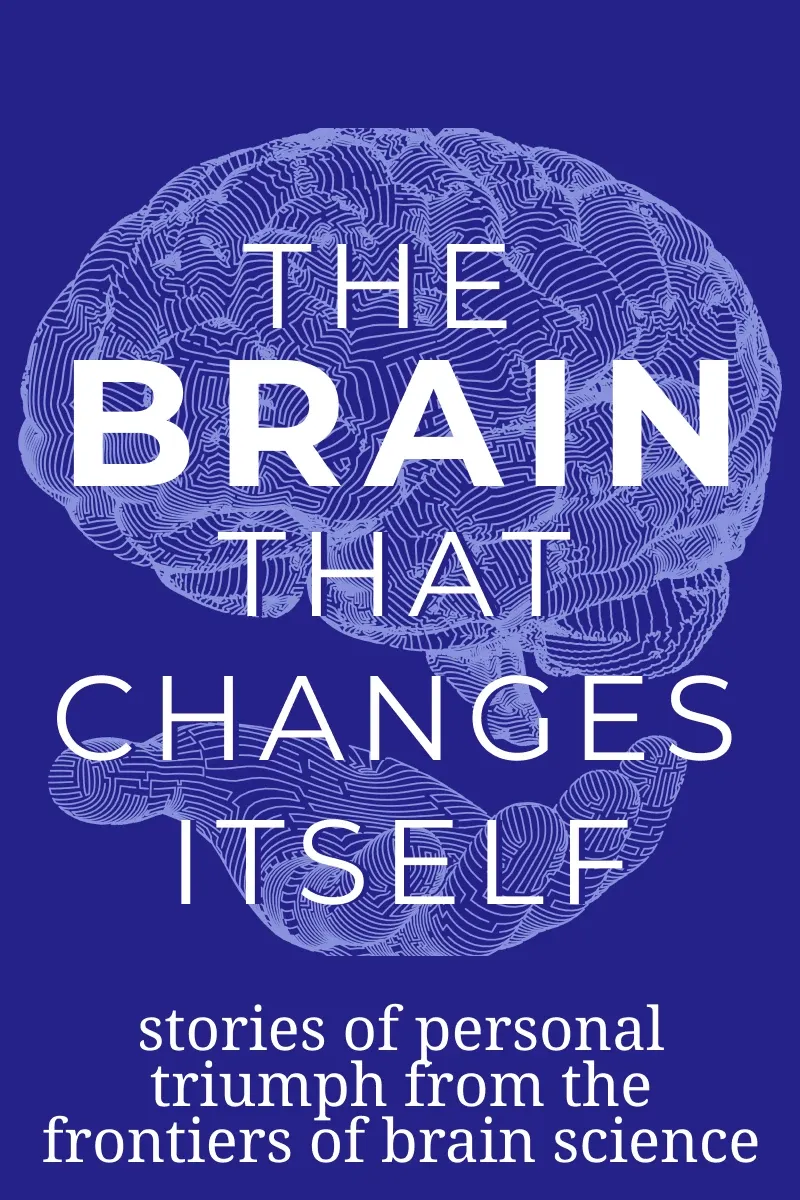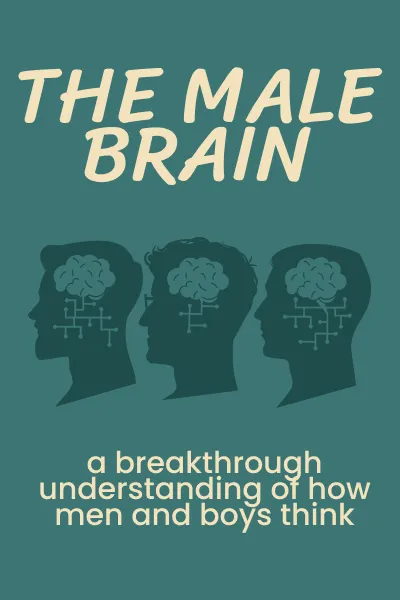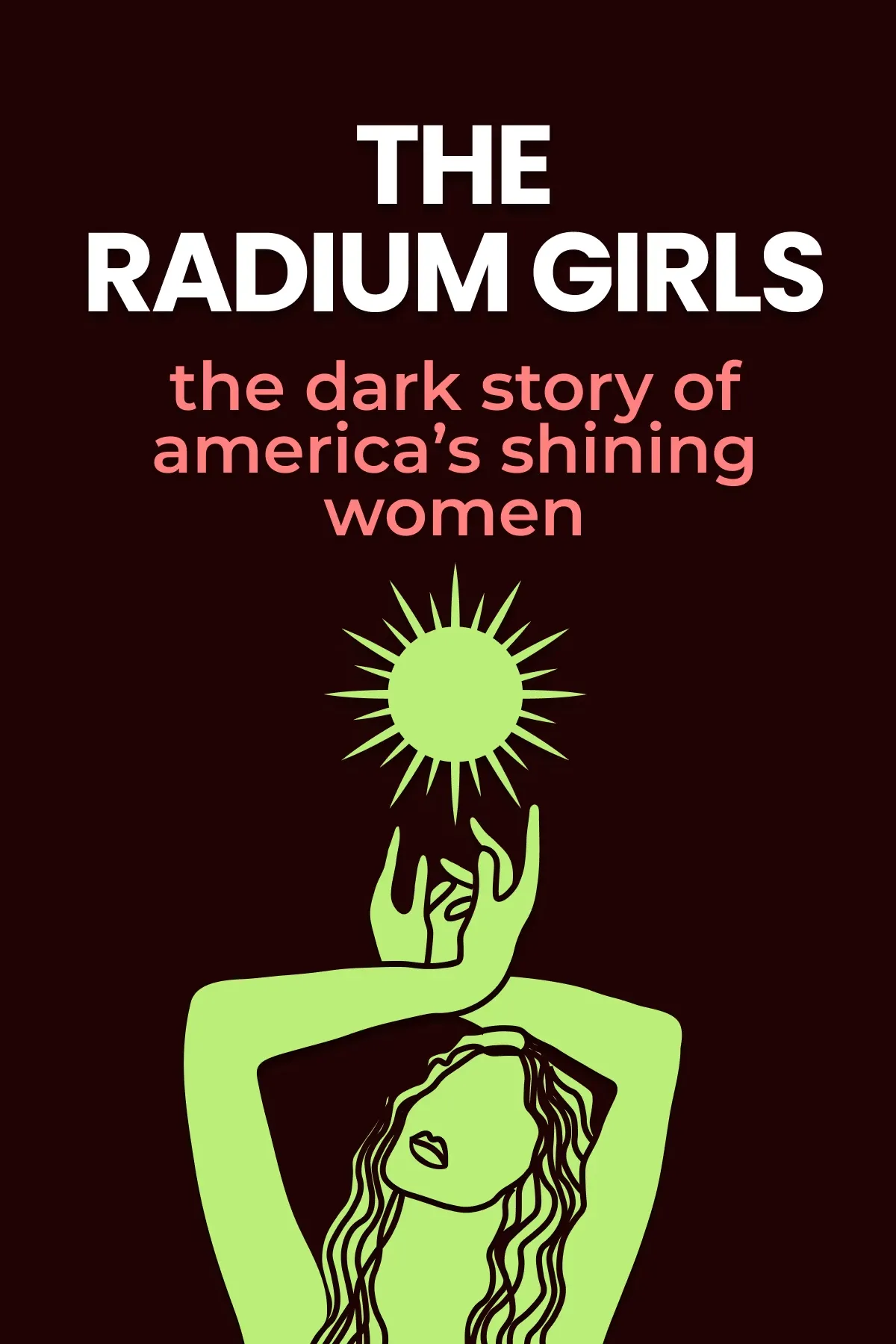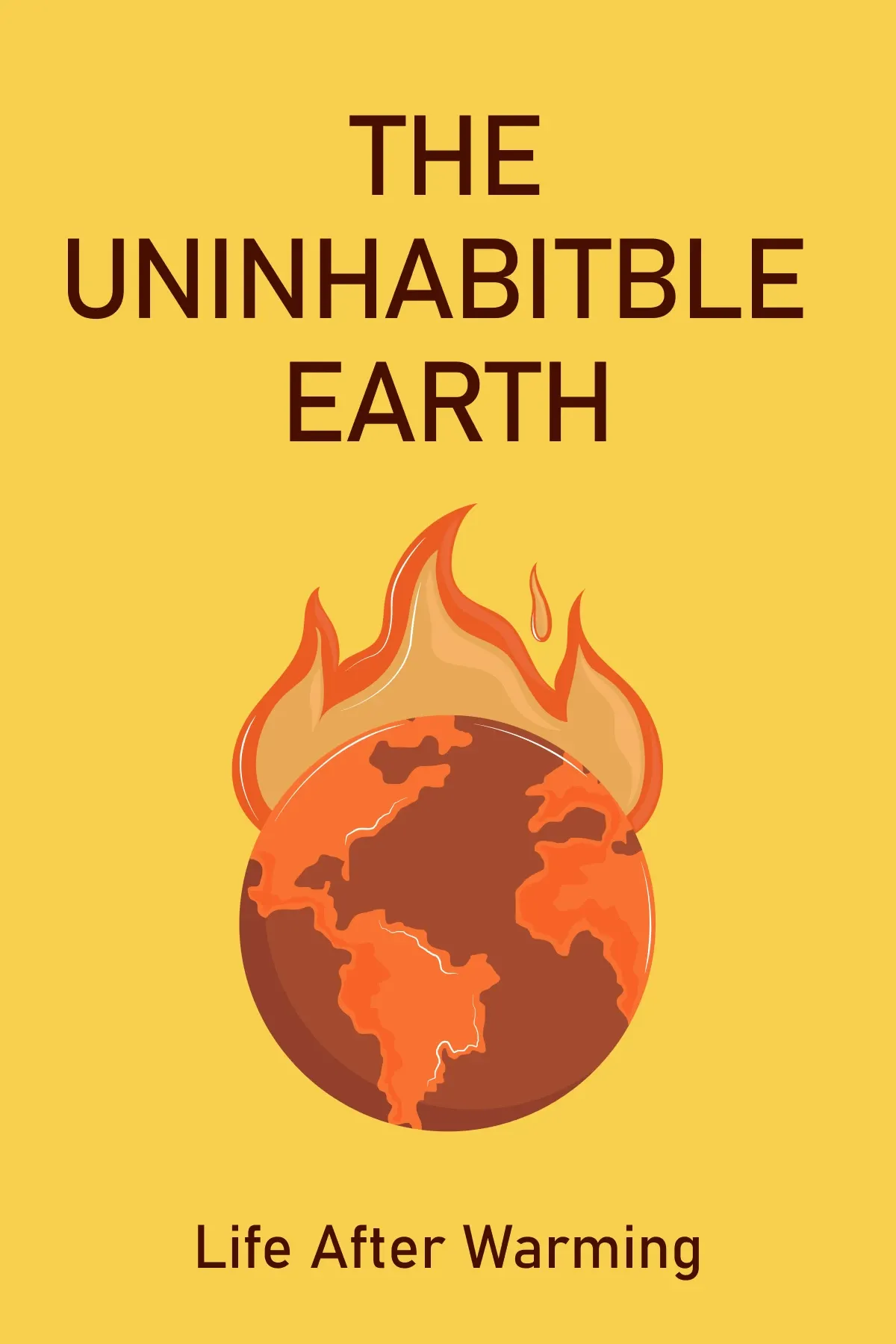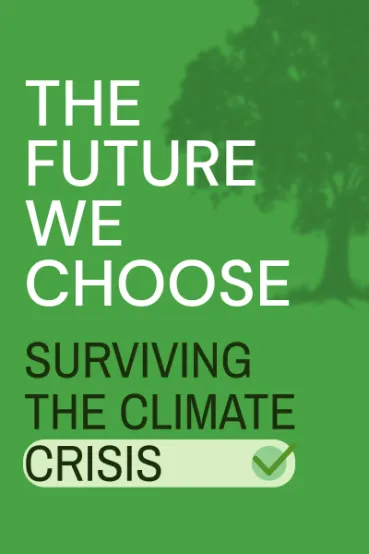
The Future We Choose
Brief Summary
In the eye-opening book “The Future We Choose: Surviving the Climate Crisis,” climate activists Christiana Figueres and Tom Rivett-Carnac present an urgent call to action. They lay out two possible scenarios for our planet’s future: one where things go downhill fast and the other where we create a sustainable world. If you are passionate about the environment and seek guidance on contributing positively, choose the right future today.
Topics
Key points
Key idea 1 of 8
Let’s imagine the world of 2050. Despite initial efforts to curb emissions in 2015, the follow-up actions to control pollution were insufficient. We are now hurtling toward a future where temperatures will rise by more than 3 degrees Celsius by the end of the century.
In this scenario, you are likely to be upset with reality. Picture this: you wake up each morning, and before stepping outside, you consult your phone for the latest air quality update. You see a clear and sunny sky, but your screen flashes with warnings of air pollution and ozone. Wearing a specialized face mask has become a daily necessity, protecting you from the tainted air. Moreover, the constant heat is now the norm, far hotter than anything you remember from your younger years. There seems to be no relief in sight.
Furthermore, the frequency of extreme weather phenomena like hurricanes and tropical storms has surged. Each disaster leaves a devastating impact on human lives and infrastructure. But that’s not the end of it. Among these critical issues, we have a problem of the alarming melting of the Arctic ice sheets. The loss of this reflective barrier exacerbates global warming. It results in catastrophic consequences such as rising sea levels.
Coastal areas worldwide are experiencing severe floods, and areas farther inland grapple with dry, arid conditions. Lands that were once fertile transform into wastelands due to incessant heat waves. These catastrophic conditions force millions to leave their homes, sparking a massive humanitarian crisis.
This bleak reality seems unavoidable. Even our attempts to limit global warming to below 2 degrees Celsius, as outlined in the 2015 Paris Climate Accord, may not be enough. Once we cross a certain threshold, we lose control over the warming trend. Human activities have been the primary driver of large-scale climate change worldwide. Over the past five decades, our planet’s environmental health has deteriorated due to the post-Industrial Revolution lifestyles we have adopted. The following steps are up to us.
FAQ
You may also like these summaries


